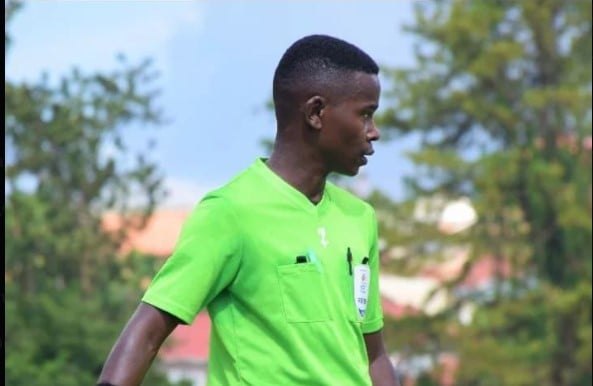Prime
Of colonial civil servants and fishermen of NRM regime

What you need to know:
- I feel sorry for 40 million citizens, especially taxpayers of Uganda who have for decades tolerated and put up with constant abuse, ridicule, insults and foul language from elected leaders who are supposed to be servants of the people, but instead behave like masters of the people.
The ruling clique of the NRM regime never ceases to amaze, amuse, disappoint and offend in almost equal measure.
On December 23, 2021, at Kololo Independence Grounds, Sabalwanyi launched a vicious, unnecessary and irresponsible attack on Ugandan civil servants which could backfire in the corridors of the public sector.
According to a story by published in Daily Monitor of December 24, 2021, titled ‘Museveni attacks ‘colonial’ civil servants, praises ‘fishermen,’ Sabalwanyi accused Uganda’s hardworking, obedient, but docile civil servants of behaving like colonialists who do not wish Uganda well. As a former senior civil servant who has retired, I empathise with the public servants of Uganda and feel offended by the unbecoming remarks made at a public event by the President who is inter alia head of government.
“I feel sorry that the public servants in Uganda have refused (to become patriotic) now almost 65 years since African countries started regaining independence. The continent has so many problems because people like you don’t know what they are doing,” said Sabalwanyi.
Unlike politicians, the majority of civil servants know what they are doing. With all due respect, I would like to remind Sabalwanyi of a book he authored in 1992 titled, What is Africa’s problem? The foreword to the book was written by Mwalimu Julius Nyerere (RIP). The answer Sabalwanyi gave to the above question is as relevant today as it was in the 1980s and 1990s. Ugandans believe that the answer he gave at the 1986 OAU Summit in Addis Ababa was visionary. Sabalwanyi argued correctly that Africa’s problem is leaders who overstay in power. He was cheered and given a standing ovation by delegates at that OAU conference.
After denouncing civil servants, Sabalwanyi heaped undeserved praise on the ‘fishmongers’ who are now in the frontline of the NRM regime, saying: “I am really very happy that these fishermen who have come seem to be pushing things very well. The speed at which you are moving, including going to Kyankwanzi, to de-cobweb your mind is welcome.”
The modus operandi and lack of wisdom of the fishermen are mindboggling.
I feel sorry for 40 million citizens, especially taxpayers of Uganda who have for decades tolerated and put up with constant abuse, ridicule, insults and foul language from elected leaders who are supposed to be servants of the people, but instead behave like masters of the people.
The language colonialists used vis-à-vis wananchi, whom they classified as natives, was abusive, derogatory and obnoxious and intended to belittle, dehumanise and humiliate Africans. During the colonial regime bazungu and Indian shopkeepers routinely called grown up African men “boys or monkeys!” So when one hears an African leader call his fellow citizens “parasites, clowns, pigs and swine” publicly and with relish it reminds my generation of the bad old days of colonialism.
I am afraid many African leaders seem to possess a colonial mentality and mindset. A colonial legacy which is alive and well in Uganda is the divide and rule policy. A small country like Uganda has been deliberately and systematically divided into 135 tiny and economically unsustainable districts, many of which are constantly at loggerheads over boundaries, a country with 529 MPs! What a waste of scarce public resources. May the Lord have mercy on Uganda!
Mr Acemah is a political scientist and retired career diplomat.




